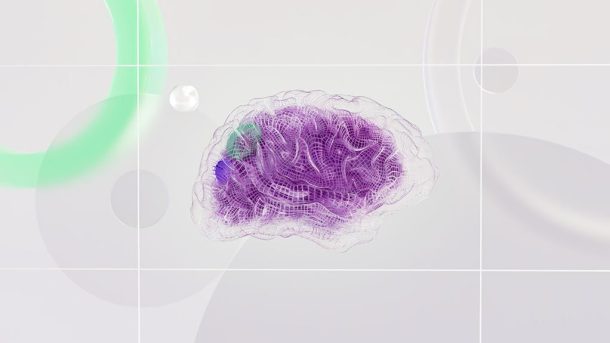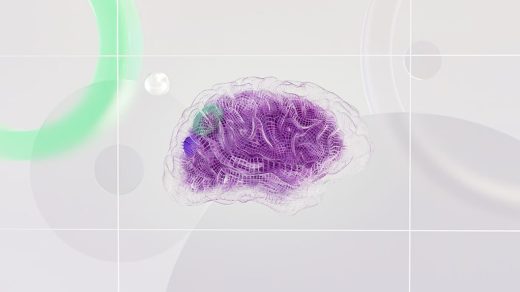Ever feel like you're wrestling your own brain when trying to change your mindset? You're not alone! Welcome to the world of neuroscientific approaches to mindset.
Here, we'll dive into the mind-brain connection, explore how neuroscience shapes mindset formation, and learn about the role of neuroplasticity in mindset shifts.
We'll even give you practical strategies to flip the script in your noggin.
Let's get ready to grapple with your grey matter!
Key Takeaways
- The mind and brain are intricately connected, and understanding this connection is crucial for studying mindset.
- Neural pathways in the brain shape mindset, and emotional intelligence and brain chemistry play a role in this process.
- Neuroplasticity, the brain's ability to reorganize and adapt itself, is essential for mindset shifts.
- Practical neuroscientific mindset strategies, such as brain training techniques and cognitive enhancements, can effectively shift mindset but require effort and consistency.
Understanding the Mind-Brain Connection
In your exploration of the neuroscientific approaches to mindset, it's essential to grasp the intricate connection between your mind and brain. Imagine your brain as a grand orchestra, with each section playing a different tune. Brainwave analysis is akin to the conductor, harmonizing the cacophony into a symphony. It monitors the electrical activity of your brain, helping you understand your unique thought patterns.
On the other hand, cognitive mapping is your brain's GPS. It's navigating through a maze of neurons, creating an internal sketch of your knowledge and experiences. It's like a treasure map, but instead of 'X marks the spot', it's 'X marks the thought'.
Neuroscience and Mindset Formation
You've got countless neural pathways in your brain that play a pivotal role in shaping your mindset. Think of your brain as a bustling city, and these pathways are the highways, streets, and winding alleys.
In this metropolis, Emotional Intelligence is the mayor, and Brain Chemistry is the city planner. They work together, shaping the city's personality. Emotional Intelligence helps you to interpret and respond to emotions, like a traffic cop managing rush hour. Meanwhile, Brain Chemistry is like the construction crew, constantly tweaking the layout based on new scientific discoveries.
The Role of Neuroplasticity in Mindset Shifts
Now, let's delve into the next chapter of your brain's journey – neuroplasticity, the incredible ability of your brain to reorganize and adapt itself, playing a crucial role in shifting your mindset. It's like your brain's own personal trainer, constantly shaping and toning those mental muscles.
But beware of some common neuroplasticity misconceptions:
- Your brain isn't Play-Doh; there are plasticity limitations.
- It's not a quick fix, changes require time and consistency.
- Not all changes are positive; it's where the whole 'old habits die hard' comes from.
- It's not just for the young; plasticity occurs throughout life.
Practical Neuroscientific Mindset Strategies
Harnessing the power of neuroplasticity, you're about to dive into practical strategies that can effectively shift your mindset. Now, don't expect some magic pill or ancient mantra. There's work involved here, but hey, it's for your brain, and that's pretty important, right?
Brain Training Techniques and Cognitive Enhancements are your dynamic duo. Like Batman and Robin, but for the mind. Brain Training Techniques are your daily workouts, flexing the ol' gray matter with tasks that challenge your thinking. Puzzles, memory games, brainteasers – they're not just fun, they're mental push-ups! Cognitive Enhancements, on the other hand, are about lifestyle tweaks, like adopting mindfulness practices or improving your diet.
With these strategies, you're not just changing your mindset; you're becoming a neuro-ninja! Now, let's explore some real-world case studies: neuroscience transforming mindsets.
Case Studies: Neuroscience Transforming Mindsets
Let's dive into some compelling case studies where neuroscience has dramatically reshaped individuals' mindsets. Pardon the pun, but it's mind-boggling!
- Mindset Medication: A gentleman once struggled with the 'fixed mindset'. His brain was wired to believe he couldn't change. But, voila! After a prescribed regimen of mindset medication, he's now a poster child for the 'growth mindset'. He's the 'I can' guy.
- Behavioral Neuroscience: Then there's the case of a woman plagued by negative thinking. Behavioral neuroscience techniques helped her rewire her brain. Now, she's practically a walking ray of sunshine.
- A teenager overcame debilitating social anxiety through neuroscience-based therapies.
- A successful executive managed to curb his anger issues with the help of neurofeedback.
Neuroscience isn't just brainy stuff. It's life-changing, mindset-altering magic!
Conclusion
And there you have it, folks! Even your grandma's old phonograph couldn't spin a tale like that!
Neuroscience isn't just for lab coats and petri dishes, it's for you, me, and our mindsets.
So, take these brainy insights, and strut confidently into the future, knowing you've got the power to rewire your thinking cap.
Remember, it's a jungle in there, and you're the head gorilla in charge!
Keep laughing, learning, and lobing on!






